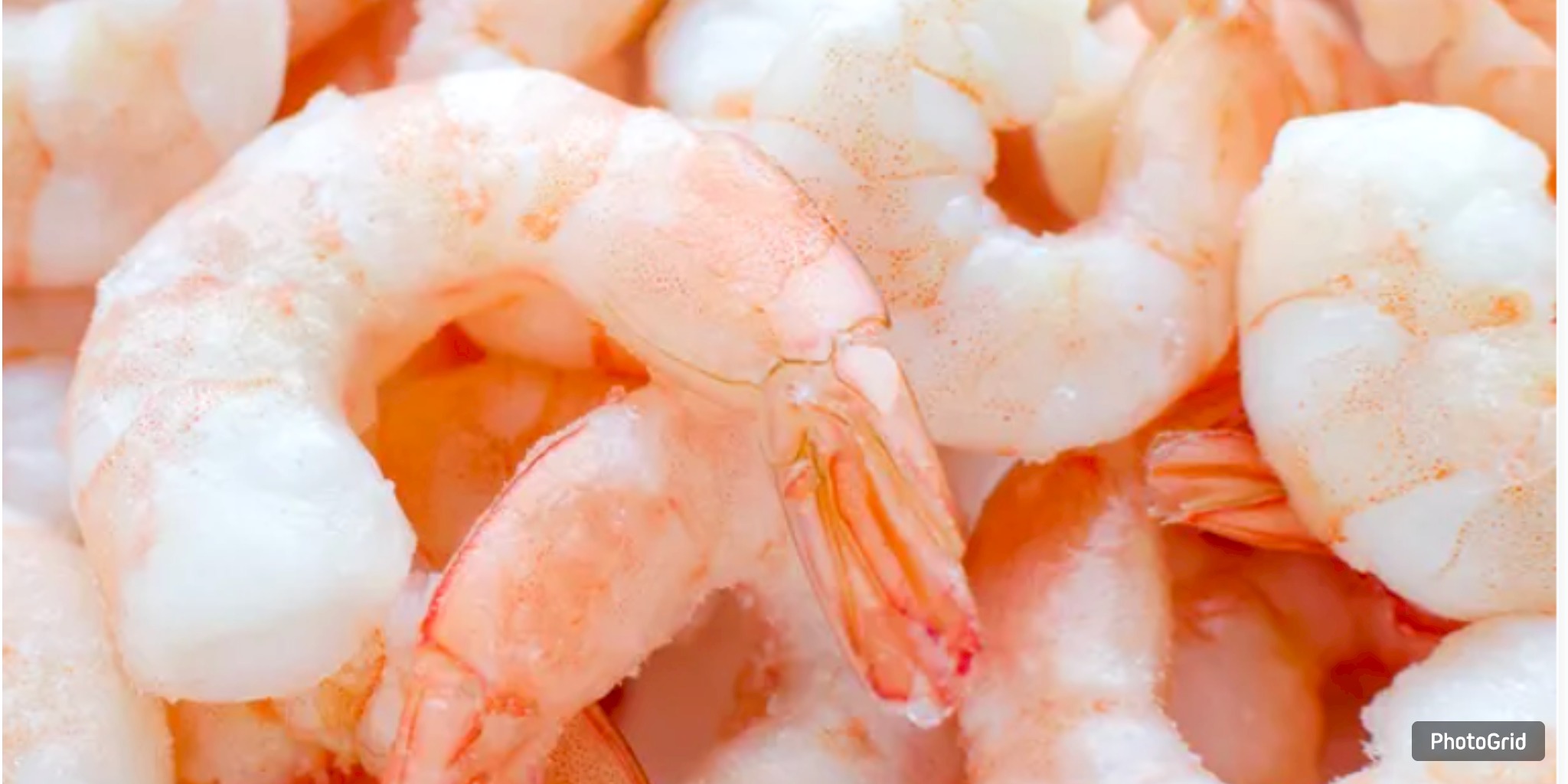Walmart is recalling frozen shrimp sold in 13 states after federal health officials detected traces of radioactive contamination in imported products from Indonesia.

Walmart has issued a recall for frozen shrimp distributed across 13 states following a warning from federal health officials about potential contamination with radioactive material in certain imported products.
This week, the U.S. Food and Drug Administration (FDA) announced the removal of three lots of Great Value brand frozen raw shrimp from store shelves due to the detection of Cesium-137, a radioactive isotope, in imported shipments. The agency has advised consumers to dispose of the affected shrimp or seek a refund, despite the contamination risk being deemed low.
A recall has been issued for Great Value Frozen Raw EZ Peel Tail-On Farm-Raised White Vannamei Shrimp, which is available in two-pound bags and has best-by dates of March 15, 2027. The lots that have been recalled are identified by the numbers 8005540-1, 8005538-1, and 8005539-1. In a recent development, shrimp have been distributed across several states, including Texas, Alabama, Arkansas, Florida, Georgia, Kentucky, Louisiana, Missouri, Mississippi, Ohio, Oklahoma, Pennsylvania, and West Virginia.
Officials from the FDA reported that the issue was initially identified by U.S. Customs and Border Protection, which discovered Cesium-137 in shipping containers at ports located in Houston, Los Angeles, Miami, and Savannah, Georgia. A batch of breaded shrimp brought in from Indonesia by P.T. Bahari Makmur Sejati, commonly referred to as BMS Foods, has been found to contain the isotope.
Every container that tested positive was barred from entering the United States. Walmart has initiated a recall after discovering that shrimp from specific shipments, which had not previously raised contamination alarms, may be affected.
“The risk from the recalled shrimp is quite low,” stated Donald Schaffner, a food safety expert at Rutgers University. He pointed out that although Cesium-137 is a byproduct of nuclear activity and exposure may elevate long-term cancer risk, the levels found were significantly below the thresholds for FDA intervention.
Cesium-137 originates from activities such as nuclear weapons testing, reactor operations, and various industrial processes. Small quantities can already be found globally in soil, food, and air. FDA officials emphasized that steering clear of the recalled shrimp minimizes the chances of prolonged exposure.
Walmart has acknowledged the recall and stated that it is taking swift action to ensure customer safety. “Should a product recall occur, we act promptly to prevent the item from being sold and ensure its removal from our stores and clubs,” the company stated.
Shoppers who bought the impacted shrimp are advised against consuming it and can return the item to Walmart for a complete refund.
.jpg)
Early voting for the March 3, 2026 Texas primary runs Feb. 17-27. Houston-area voters will decide key federal, statewide and local races, including a high-profile U.S. Senate contest and the open Harris County judge seat.
.jpg)
Federal officials temporarily shut down air traffic at El Paso International Airport after the Pentagon allowed Customs and Border Protection to deploy an anti-drone laser near Fort Bliss, according to two people familiar with the matter. The closure lasted only hours, but it stranded travelers and raised new questions about coordination between defense and aviation agencies.
.jpg)
Houston has already recorded six 80-degree days in 2026, and forecasters expect more this week as a February heat ridge pushes temperatures 15 degrees above normal. While daily records are unlikely to fall, highs could approach longstanding marks set in the 1960s.